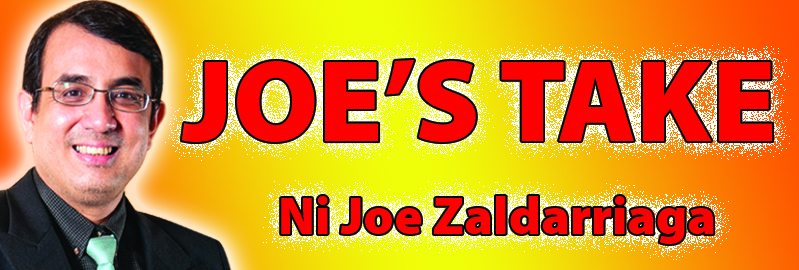FOR the nth time, ride hailing giant Grab Philippines has again been slapped worth millions of penalties allegedly for its repeated failure to refund its customers for the supposed surcharges it imposed a few years ago.
In 2019, it can be learned, that the Philippine Competition Commission (PCC) first ordered Grab Philippines to refund P25.45-million to its riders. A second order was issued in December 2019, while a third order was imposed in October 2020—yet as of this writing, it reportedly remains to be non-compliant.
On February 2, 2023, the PCC released a resolution imposing a P6-million fine on Grab for violating the three separate orders. Last week, another P9 million of penalty has been slapped still for the same old reasons.
On top of this, a P63-million fine has already been imposed way back in 2018 for allegedly violating orders from the anti-trust body following its acquisition of its sole competitor then, the now defunct, Uber Philippines.
According to the PCC, not only has Grab Philippines repeatedly failed to comply, but it has also allegedly given inaccurate reports.
According to the competition watchdog, Grab provided incorrect and misleading information in the compliance reports that the company submitted with respect to the refund orders. It said that Grab claimed it has fully completed the refund.
This ongoing issue between Grab and the PCC is a clear definition of how stronger teeth is necessary to prevent further defiance to the law, especially as its alleged failure to comply to its commitments reflects more of the need for stronger government rules and regulations.
Our government agencies—the PCC for instance—must be given stronger powers to implement rules and regulations and stricter penalties for companies to abide to.
As the ride-hailing operator continues to operate without a viable competition, it is but right that harder-hitting penalties be imposed. Grab operating as a monopoly, in reality, is leaving customers without a choice. If we can lure more players to participate and compete in the market, then we can provide our customers with better services that they deserve for after all competition in the transport sector results to more choices.
No doubt that the era of ride-hailing industry has made public transportation easier and more accessible to the commuters, especially as its services are already accessible at the doorstep with just a tap on a button.
Unlike before Grab acquired Uber, customers are now left with no other choice but to give in to the rates they are offered.
Other companies in the transportation industry hopefully will strengthen their presence further in this industry, to level the playing field, especially as competition has proven to be successful in making the market competitive.
The weary Filipino commuters need a solution and we are banking on the government’s action to encourage more players to provide lower rates and better services. But more importantly, the participation of the private sector is very crucial in making such an initiative a success.
At the end of the day, all these efforts are towards providing our riding public a better value proposition, by offering them cheaper and better choices.






